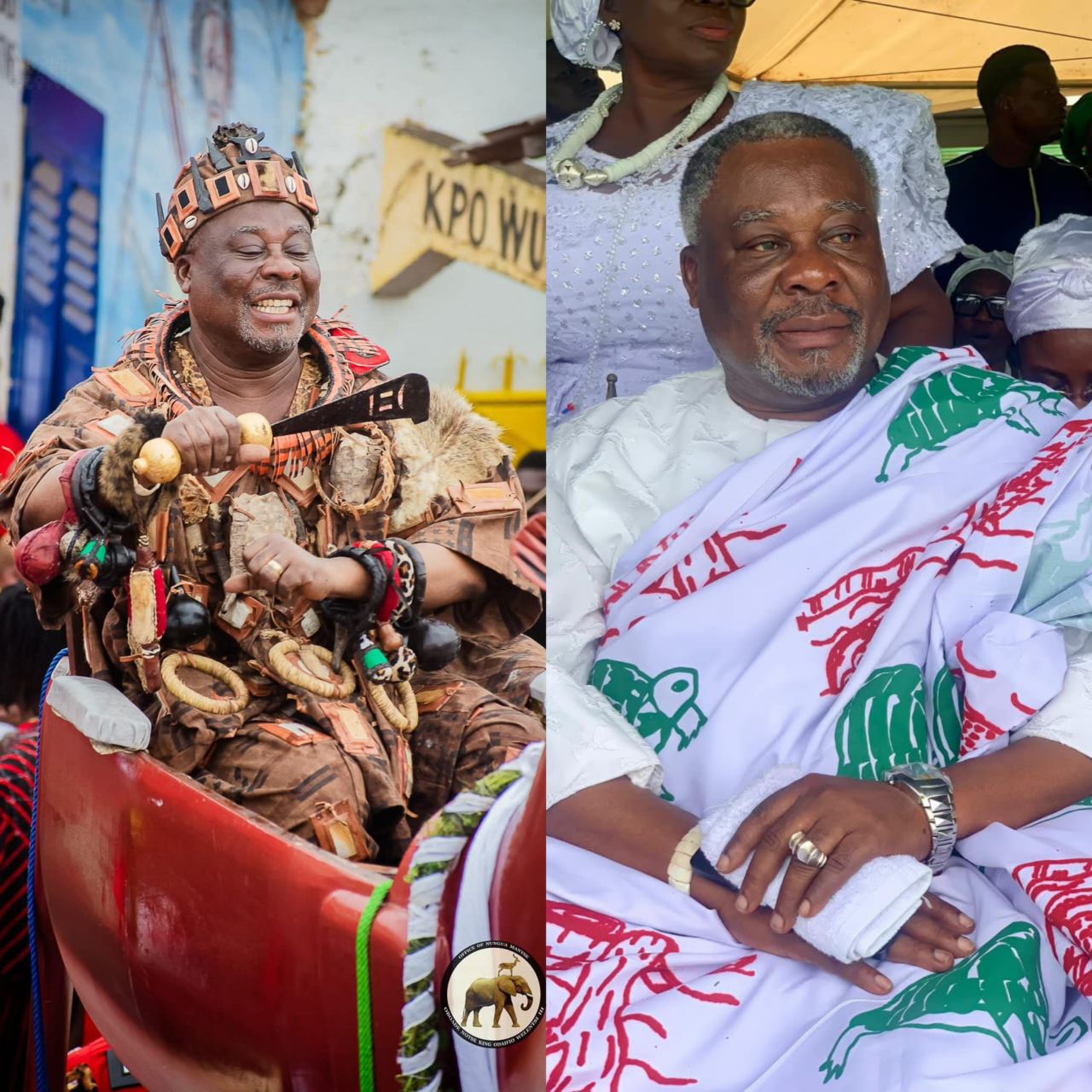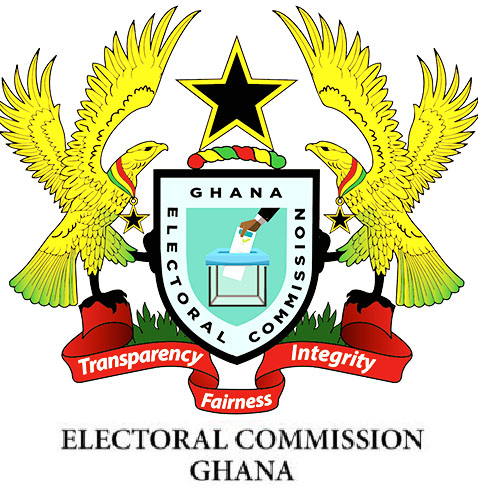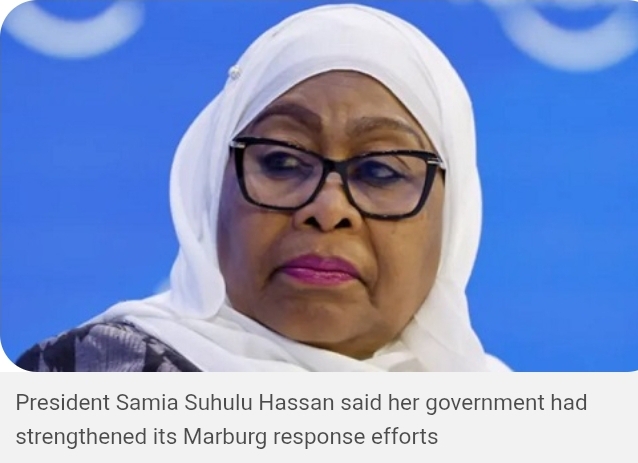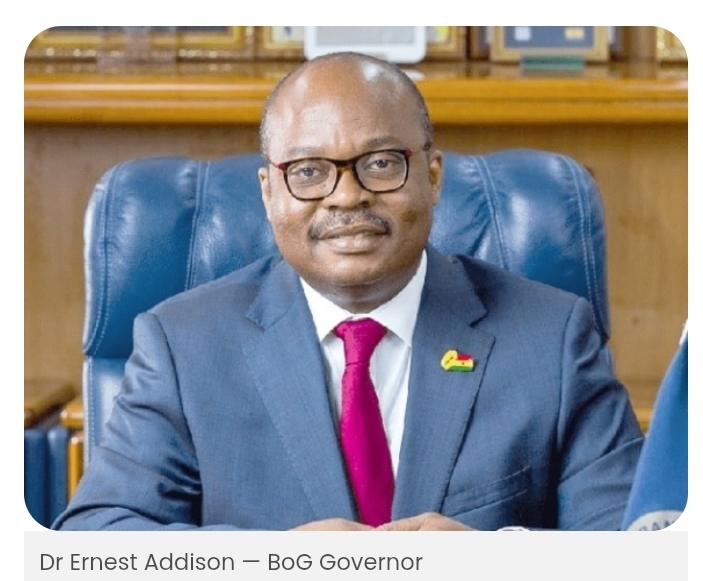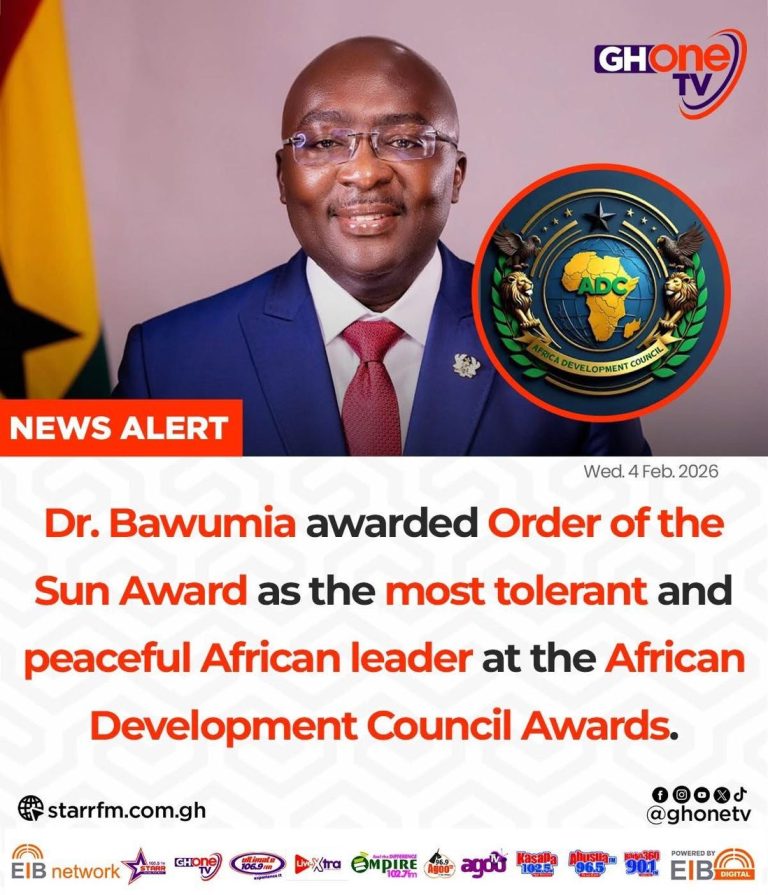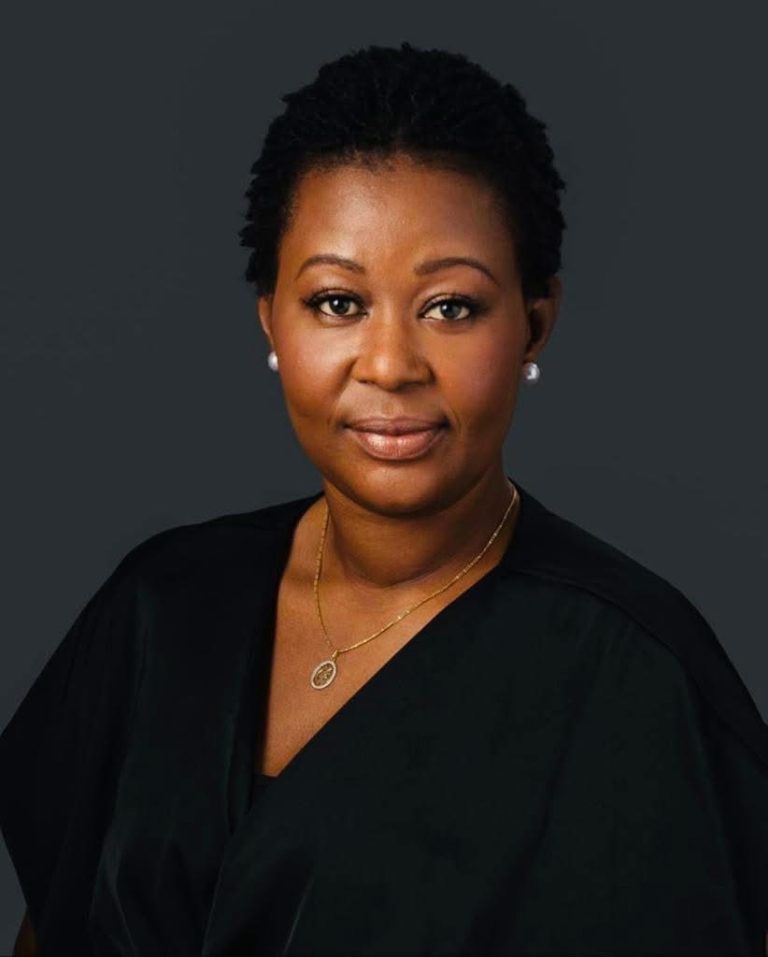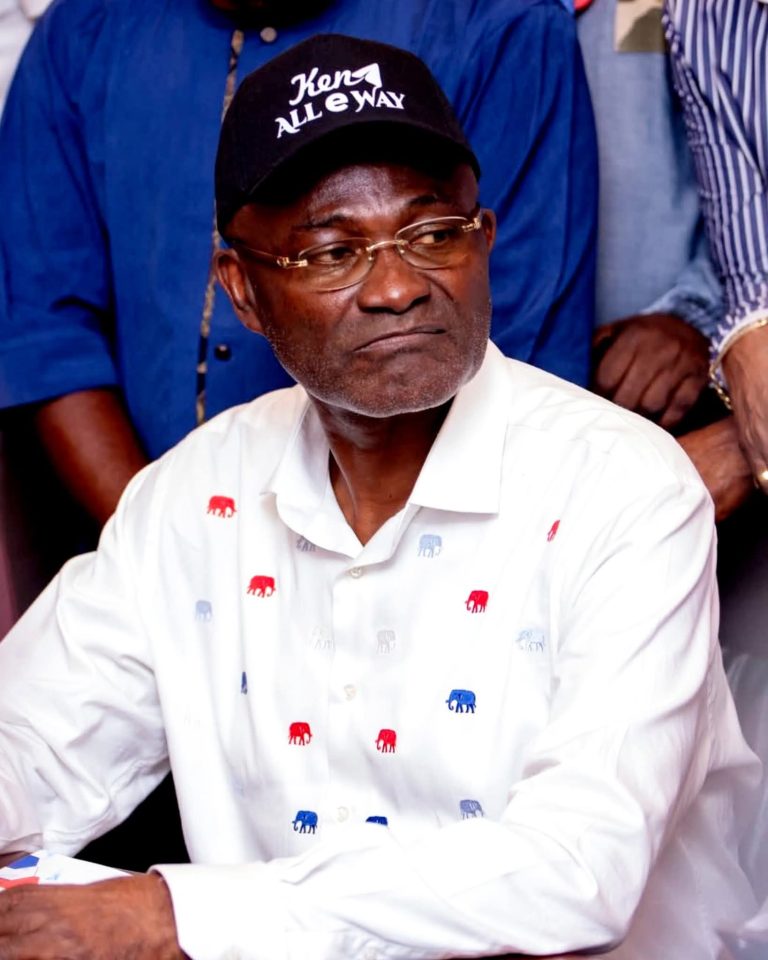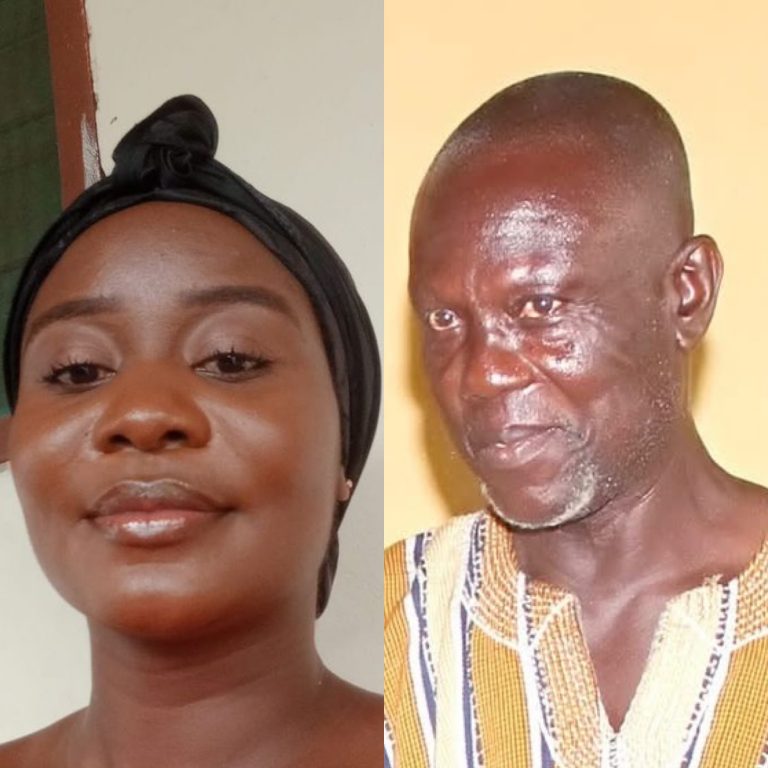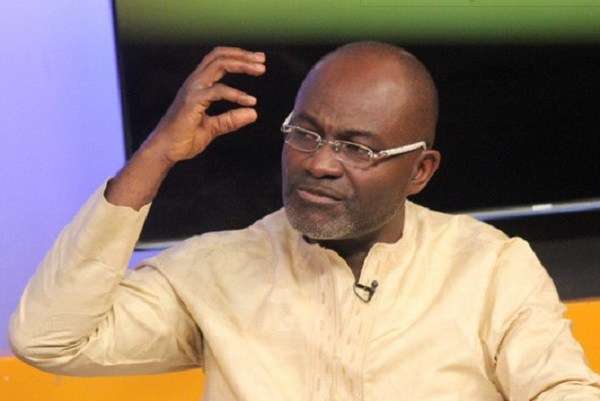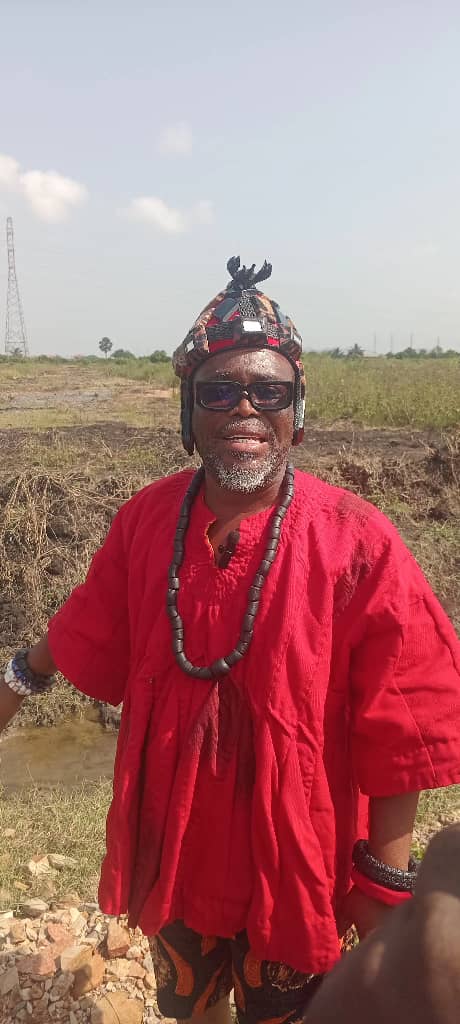The debate over whether King Prof. Odaifio Welentsi, Nungua Mantse, should be hailed as Overking may seem like a mere quarrel of words. Yet in Ga-Dangme history—particularly in Nungua—such titles carry centuries of migration, settlement, and power struggles that shaped the community. In Nungua, titles are not just labels; they carry the full weight of history, stretching back to the first Guan settlers, the rise of Akwamu power, and the later arrival of the Ga.
“Overlord” recalls Akwamu dominance over subject communities, while “Overking” asserts supreme independence, rooted in Ga identity and pride.
Across Ga, Akan, and Akwamu traditions, titles like Overking and Overlord emerge from different streams of cultural history. The Nungua stool prefers Overking because it preserves the prestige of the past. By contrast, Overlord is tied to the Ga Mantse’s lineage and claims. Thus, a community like Nungua may rightly prefer Overking because it resonates more deeply with its history, dignity, and sense of identity. For this reason, the current debate over whether King Prof. Odaifio Welentsi should be hailed as Overking is, at its heart, a needless argument.
Long before the Ga settled along the Accra coast, Guan-speaking groups, including the Obutu (Awutu), occupied the plains from Nyanyanu to Accra, often already under Akwamu influence. At the place known as Ga Wor—today’s Nungua—the Ga had to negotiate their authority within this layered political system.
Thus, the matter at hand is not simply one of language. It is Nungua’s call for respect and honor toward its heritage and belonging. Titles must affirm the dignity of a people.
Modern history deepens this picture. By the 1600s, the Akwamu state—with Guan roots but organized under Akan authority—had risen into a formidable power. From their inland base, they dominated trade and imposed control over neighboring Guan communities, becoming feared overlords. In the late 1600s and early 1700s, Akwamu dominance extended into Ga towns, where they interfered in chieftaincy and demanded tribute, casting Ga communities into their shadow.
But Ga resistance—supported by Akyem, Akuapem, and allied forces in 1730–1731—defeated the Akwamu, ushering in Ga independence and coastal supremacy. This victory is why titles such as Overlord can rightly be claimed by the Ga Mantse.
Yet even after Akwamu’s defeat, their influence lingered. Land disputes, traditional practices, and even titles in Ga Wor (Nungua) carried echoes of Guan and Akwamu authority. It is precisely in this context that Overking—as a claim of supreme independence—carries weight today.
What appears to be a simple quarrel over words is, in truth, a reflection of heritage, pride, and identity. For the natives of Ga Wor (Nungua), and indeed the Ga-Dangme as a whole, understanding this layered history is essential to appreciating why titles matter—and why they must be used with care and respect, before others, like the Asante, attempt to redefine them.
The Apostle of Truth
Osɔfo Nii Naate Atswele Agbo Nartey

